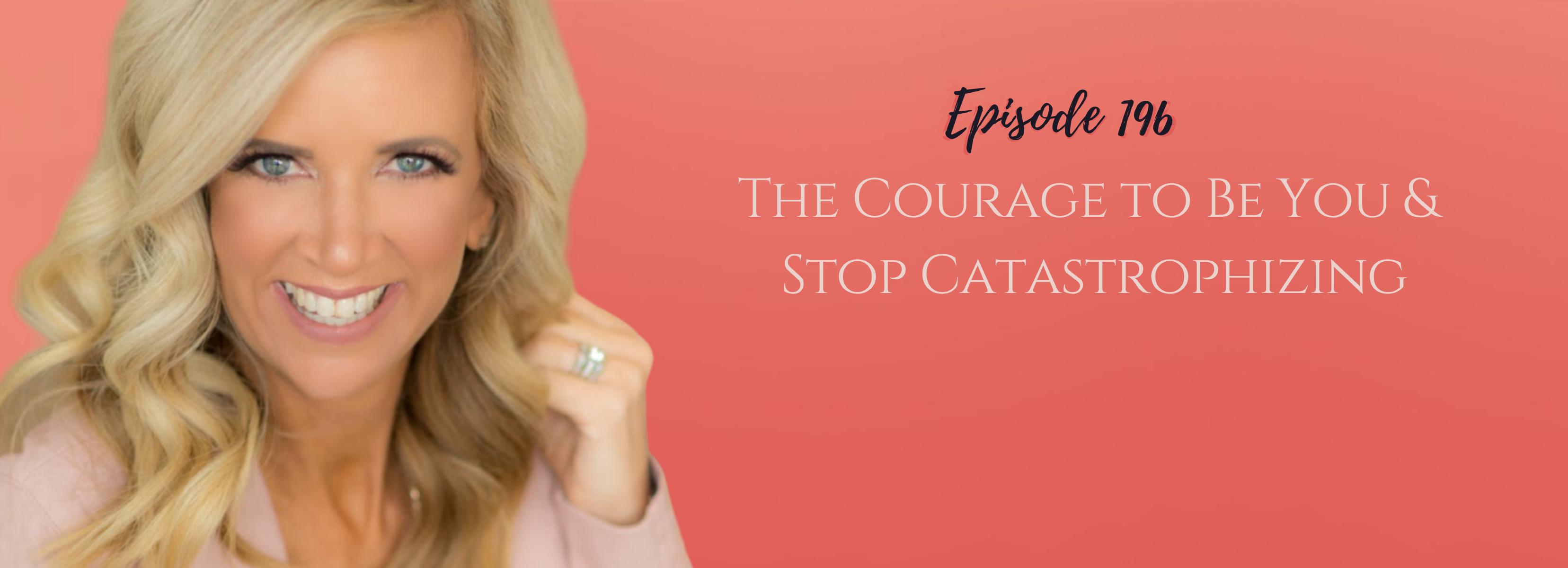
The Courage to Be You & Stop Catastrophizing| 01.18.2023
In this episode, Kristen talks about catastrophizing, why you catastrophize, how it prevents you from being yourself, and how you can overcome it.
You'll Learn
- What is catastrophizing and its causes
- How catastrophizing stops you from being yourself
- How to overcome catastrophizing
Resources
For counseling services near Indianapolis, IN, visit www.pathwaystohealingcounseling.com.
Subscribe and Get a free 5-day journal at www.kristendboice.com/freeresources to begin closing the chapter on what doesn’t serve you and open the door to the real you.
Subscribe to the Close the Chapter YouTube Channel
This information is being provided to you for educational and informational purposes only. It is being provided to you to educate you about ideas on stress management and as a self-help tool for your own use. It is not psychotherapy/counseling in any form.
[fusebox_transcript]